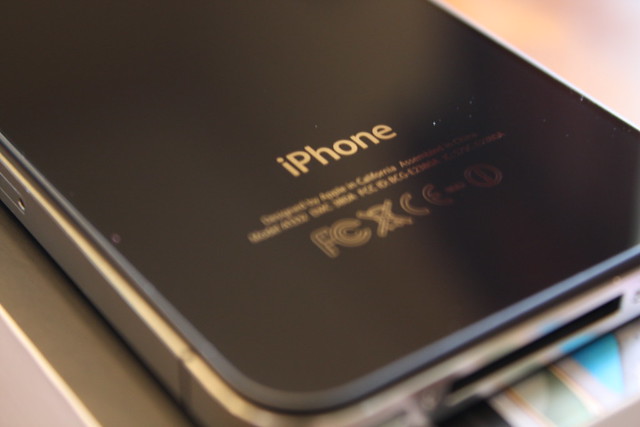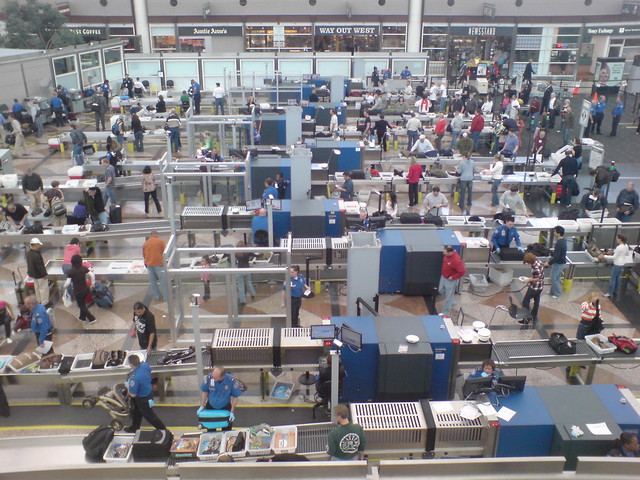Three weeks into the ownership of the bike, in some ways, I find that I no longer need the battery all that much. When I first bought the bike, I needed the battery to get more than 15 miles. Yesterday, I clocked up about 80 miles, of which only 15 were supported by the battery - the last 15. I didn't intend to go 80 miles, but thanks to a Caltrain breakdown, I found myself biking back from San Francisco as well as to it.
As my level of fitness has increased, I found myself wondering: do I really need the batter at all. The answer is yes. I need it for two things:
1. Confidence: With a battery on the bicycle, I can go further without worrying if I will feel like making it back or not. In the past, just the prospect of being too tired might have deterred me. Now, I go anyway. And most of the time, I push through and pedal back without using the battery.
2. Arriving Composed. Yes, even if you know you can make it, that doesn't make it you will make it without being a sweaty mess. Now, I can go to meetings and, using the battery, and arrive in pretty good form, having gotten some fresh air along the way.
I'm still finding my way around the better routes, but in Silicon Valley, there aren't many meetings that are more than 15-20 miles from Woodside.
 |
| Flickr Image, CC, from G Whalin. |










